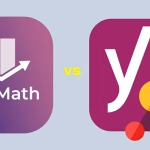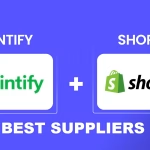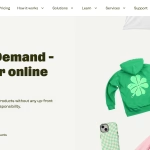Recently, many have likely encountered headlines or video recommendations about the “Greatest scam in the history of the Creator economy.” This explosive story centers around one of the biggest YouTube sponsors of all time – Honey.
Several prominent content creators like MKHBD, MrBeast, Mrwhosetheboss, and Linus Tech Tips, were deeply involved with Honey and can provide a firsthand account of their unethical practices, which have now been exposed.
Honey is a browser extension that claims to automatically find and apply the best coupon codes at checkout, saving users money on their online purchases. With over 17 million users, it has become one of the most popular browser extensions ever.
However, behind this consumer-friendly facade lies a disturbing truth – Honey has been systematically exploiting both users and creators for its financial gain.
The Affiliate Code Scheme
One of the core issues with Honey’s business model is its handling of affiliate marketing. Affiliate marketing is a common practice where content creators earn a small commission when their audience makes a purchase through a unique tracking link.
This provides an incentive for creators to recommend products they genuinely believe in, as they directly benefit from driving sales.
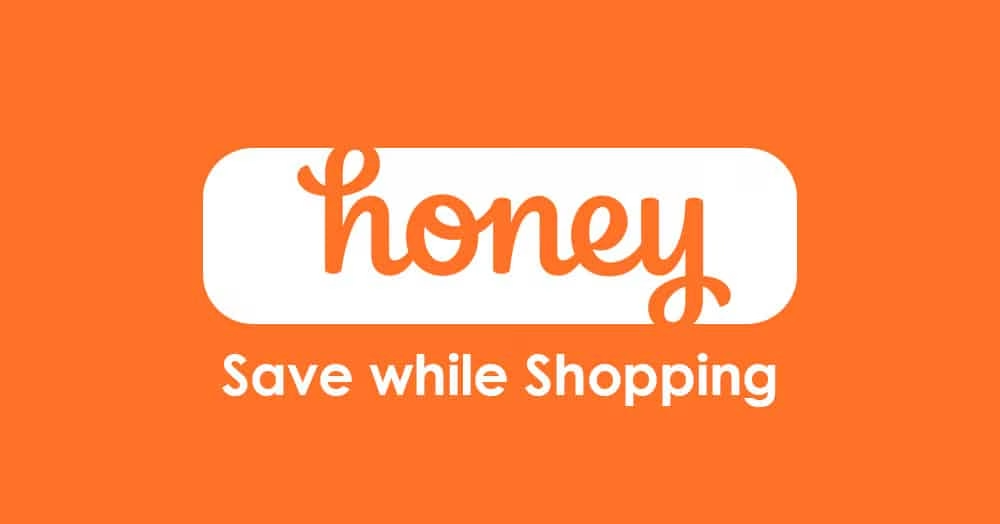
However, Honey has been caught red-handedly interfering with this system. Whenever a user clicks on an affiliate link within a creator’s video or article and then proceeds to the checkout, Honey automatically replaces the creator’s affiliate code with its own. This means that Honey collects the affiliate commission for that sale, rather than the creator who originally referred the customer.
In essence, Honey has been stealing affiliate revenue from creators on a massive scale. As revealed in the Mega Lag video, Honey has sponsored over 5,000 videos across billions of views, giving it ample opportunity to siphon affiliate earnings from unsuspecting creators.
This is an incredibly underhanded and deceptive practice that undermines the entire premise of affiliate marketing.
The Coupon Code Conspiracy
But Honey’s unethical behavior doesn’t stop there. The company has also been engaging in a disturbing “coupon code conspiracy” that directly harms consumers.
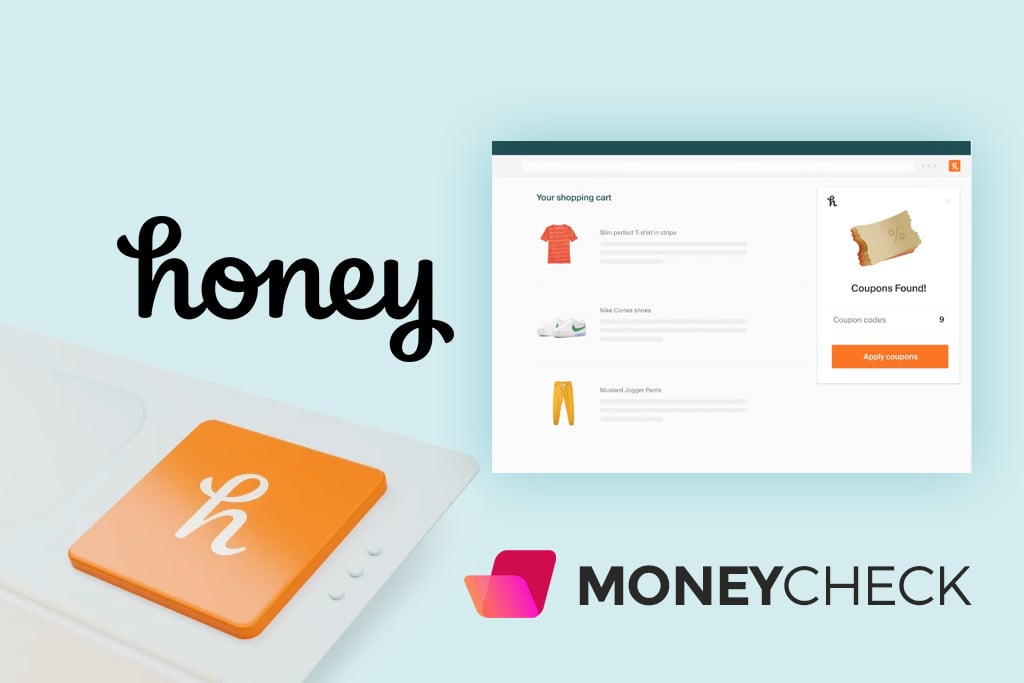
When online retailers partner with Honey, they are given the ability to choose which coupon codes are made available to Honey users. Unsurprisingly, these retailers often opt to only allow the least valuable coupon codes to be displayed, ensuring that Honey users don’t receive the best possible discounts.
This creates a clear conflict of interest – Honey is claiming to help users find the best deals, while simultaneously making deals with retailers to hide the most lucrative coupon codes. In the words of creator Mega Lag, “they have to be lying to one of those sides to make any of this work.”
Honey is essentially deceiving its user base by promising to deliver the best coupon codes while actively preventing them from accessing the most valuable discounts.
This double-speak is the core reason why Honey is being labeled as a “scam” – it is exploiting consumers for its own financial gain.
‘MKBHD‘ Personal Experience with Honey
As a prominent tech YouTuber, Marques Brownlee had his own experience with Honey’s sponsorship deals. Back in 2020, he worked with Honey on three separate smartphone review videos – the Poco M3 review, the Moto Edge Plus review, and the Galaxy S20 FE review.

At the time, Honey seemed like a straightforward and user-friendly sponsor. They were easy to work with, and the creator had no reason to doubt their integrity or business practices. Little did he know that behind the scenes, Honey was actively undermining their affiliate marketing efforts and deceiving their audience.
After learning the truth about Honey’s unethical tactics, the YouTuber has since gone back and removed the Honey sponsorship segments from those three videos. He refuses to continue promoting a company that has been caught stealing from creators and misleading consumers.
It’s a decision ‘MKBHD’ wishes he could have made sooner, but he is glad to have taken this step to distance himself from Honey’s scam.
A Cautionary Tale for Creators
The Honey scam saga serves as a cautionary tale for content creators, highlighting the importance of thoroughly vetting potential sponsors and partners. As creators, they have a responsibility to their audiences to ensure that the products and services they promote are genuinely beneficial and trustworthy.
In this case, the creators failed to do their due diligence on Honey. They assumed it was a reputable company based on its widespread popularity and the ease of working with it. But the reality is that even the most successful-seeming companies can be hiding nefarious practices behind the scenes.
Moving forward, creators should be more selective and skeptical when it comes to potential sponsors. They will be sure to thoroughly research a company’s business model, customer reviews, and any potential controversies before agreeing to any partnerships.
The trust of their audience is paramount, and they cannot afford to jeopardize that by aligning themselves with unethical entities.
Uninstall Honey and Warn Others
For anyone reading this who currently has the Honey browser extension installed, it is strongly urged to uninstall it immediately. By continuing to use Honey, users are inadvertently supporting a company that is exploiting both consumers and creators.
Furthermore, it is encouraged to spread the word about Honey’s scam. Sharing this article, the Mega Lag video, and any other relevant information with friends, family, and online communities can help raise awareness.
The more people are aware of Honey’s unethical practices, the less power the company will have to continue deceiving users.
Seeking Transparency and Accountability
In the wake of this honey scam scandal, Honey must be held accountable for its actions. The company should be required to provide full transparency into its business practices, including detailed information about its affiliate code handling, coupon code partnerships, and any other questionable activities.
Additionally, Honey should be compelled to make amends to the creators it has exploited. This could involve financial restitution, as well as a public acknowledgment of its wrongdoing. Creators deserve to be fairly compensated for the work they do, and Honey’s actions have robbed many of them of rightful earnings.
Ultimately, it is hoped that this exposure of the Honey scam will serve as a wake-up call for the entire Creator economy. It’s a stark reminder that vigilance is necessary in scrutinizing the companies and brands chosen to work with, lest creators inadvertently become complicit in their unethical practices.
Embracing Ethical Partnerships
As the creator moves forward, they are committed to being even more selective and discerning when it comes to brand partnerships. They will prioritize collaborations with companies that have a proven track record of transparency, integrity, and a genuine commitment to supporting creators and consumers alike.
By aligning themselves with ethical partners, the creator can ensure that their audience’s trust remains well-placed. Users can be confident that they are acting in their best interests, rather than prioritizing their own financial gain at their expense.
A Call to Action for the Creator Community
In conclusion, the Honey scam scandal serves as a wake-up call for the entire Creator community. Creators must be vigilant in scrutinizing the companies and brands they choose to work with and be willing to walk away from partnerships that do not align with their values and the best interests of their audiences.
As creators, they have a responsibility to their followers to provide them with honest, trustworthy, and valuable content. Allowing themselves to be exploited by unethical companies like Honey undermines that responsibility and erodes the trust that their audiences have placed in them.
We urge fellow creators to take a stand against Honey and any other companies that seek to manipulate or deceive their users. Uninstall Honey, warn audiences, and be selective in the partnerships pursued.
Together, the community can send a clear message that the Creator economy will not tolerate such unethical behavior.
By prioritizing transparency, integrity, and the well-being of their audiences, creators can build a Creator economy that is truly worthy of the trust and loyalty of their followers. It’s time to hold themselves and the companies they work with to the highest standards and to never compromise their principles in the pursuit of short-term gains.
Key Takeaways
- Honey, a popular browser extension, has been caught engaging in unethical practices that exploit both users and creators.
- Honey has been systematically replacing creators’ affiliate codes with its own, stealing the commission from sales that creators referred.
- Honey has also been colluding with retailers to hide the best coupon codes from users, deceiving them about the true value they are providing.
- Several creators who have personally worked with Honey in the past have removed their sponsorship segments from their videos.
- This scandal serves as a cautionary tale for creators, highlighting the importance of thoroughly vetting potential partners and prioritizing ethical collaborations.
- Creators like MKBHD urge all users to uninstall Honey and spread awareness about its unethical practices, and they call on the Creator community to hold companies accountable and demand transparency.
- By embracing ethical partnerships and prioritizing the trust of their audiences, creators can build a Creator economy that is truly worthy of their followers’ loyalty.



